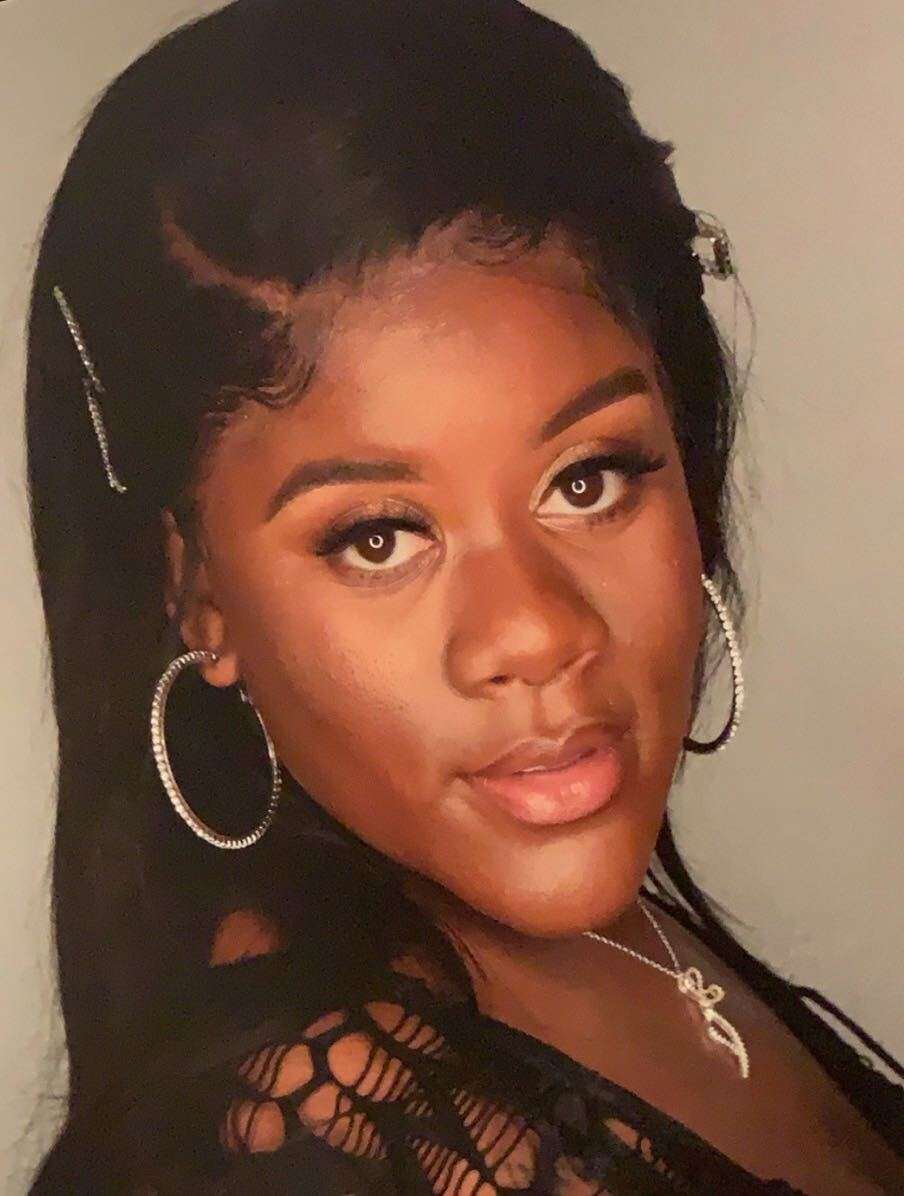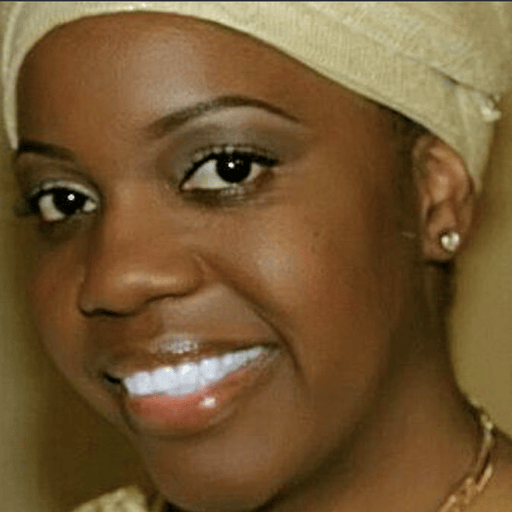
by JR Valrey, Black New World Media
“I learned how to jailbreak iPhones through a lot of different YouTube tutorials. My mom was worried at the time because it was something unfamiliar and taboo, but my peers at school were so intrigued after seeing what iPhones are truly capable of that they started to pay to get their phones broken and customized by me,” said George Hofstetter, a software developer and tech entrepreneur with George Hofstetter Technologies, which he incorporated at 16.
The process of “jailbreaking” an iPhone is when the software restrictions are bypassed and the phone is allowed to add software, apps and extensions that Apple did not authorize.
“The skill of jailbreaking is really centered around the concept of critical thinking and curiosity. After thinking through all of the potential negative outcomes, i.e., phone freezing, broken beyond repair etc. and your effort results in the opposite, you become curious as to why this customization is so taboo.
“It’s literally breaking the status quo and moving in another direction, your own direction,” said George Hofstetter, an Oakland native. “When you jailbreak a phone, there’s hundreds of lines of code that flood your device’s screen and I wanted to learn how to write that code. I felt an obligation to fully understand what software I was using, so I could create something even better.”
George’s story is unique, but not in the way of being a Black techie from the Bay and wanting something more for himself than street life and these run of the mill, minimum wage service jobs that are structured to serve the techie and white cannabis entrepreneur million-dollar class who occupy the region in great numbers.
2020 has brought the fight of Black people versus the police, the state and white supremacy in this country to the forefront in every major city’s streets, following the police executions of Breonna Taylor and George Floyd, which culminated in rebellions all over the nation, starting in May.
Portland is still on fire, and the people are going toe to toe with the police nightly, two months after the initial rebellions. Trump recently sent out a force of private secret police to kidnap and brutalize protestors and to quell the people’s resistance in that city. He has threatened to send his gestapo into Oakland and Chicago next. And this is all after the nation was forced to obey a shelter-in-place order since March 12, because of the COVID-19 pandemic quarantine.
The ever-expanding Silicon Valley has taken San Francisco and is starting to spread its tentacles into Oakland, creating a deadly intersection for Black techies between Jim Crow-esque exclusion from tech boardrooms and the police terror and executions of Black people wantonly on the streets of every city where Black people work and live.

“I got a scholarship from Treehouse in order to gain my certifications. If I would have paid $24K for a coding bootcamp, that would have been devastating. Unless I was going to be paid more than $30 an hour, there would have been no way I could have afforded this education. I would have essentially created debt for myself with no assurances that it would work out,” said Ranisha Evans, an Oakland native.
“The camp was an intensive process which approximately took 10 hours of my day. I always tried to separate the workload in a way that didn’t keep me away from my children. Coding needs my full attention, so it took me more time to get through it than the average person, because I have two children,” said Ranisha, a software developer who landed herself an internship with Adobe, after graduating from coding bootcamp.
“After being in a career where you are putting your life on the line and, having children, I missed a lot of things like first steps and words, due to me being deployed. I wanted to choose something where I can still affect millions of people positively but not put my life on the line and miss important milestones regarding my children. I am a mother of four girls,” said Alicia Livingston. Alicia left the military after tours of duty in Kuwait and Iraq, then decided to be a firefighter and finally settled on being a software developer after having a brain aneurysm.

“What I believe is the next move in the Black community is what I am doing: taking those steps to gain knowledge and go after my dreams. I took that step, leaving a job and going to school, full-time for six months to learn software engineering, and it was a hard decision to make because I have to take care of my children,” said Alicia, who has lived all over San Francisco and Oakland.
“The bootcamp I attended gave me a stipend and it was not much, but I managed to get things done. Nothing was easy but it was all worth it. In order to get more Black people in tech, we have to take the steps and learn, step out on faith and make it happen. And I get a lot of questions like, “Well, what if they do not hire me?” Then start your own company! That’s another thing we can do as a community is create our own lane and conquer that lane,” said Alicia.
In 2017, according to a report in Wired.com, only 9 percent of the population of college graduates graduating with a degree in computer science were Black.
The share of US technical employees – the coders, engineers and data scientists – that are Black or Latino has risen less than a percentage point at Microsoft and Google in the last six years.
“I haven’t adapted. It’s a constant battle to stay yourself. Unfortunately, code switching has been essential to navigate that dynamic, and in the balance it’s even more important to not lose yourself,” laments George Hofstetter.
Over the last decade, Silicon Valley has been cited often for its form of affirmative action for white men, aka white supremacist discriminatory policies.
“This is why the tech companies should be going where no one has gone before and infuse tech into these areas and offer free training programs that actually lead to hiring or people of color starting their own companies,” said Ranisha Evans. “There should not be any strings attached to learning. But there are people who are charging outrageous prices for education that also come with additional strings.”
“If you choose to accept the strings attached, the most common way in which you pay, usually comes in the form of a split payment. There would be a partial payment initially, and the rest of the cost would be taken out of your paycheck once you secure employment. This string basically becomes a loan that never goes away,” explained Ranisha Evans.
“I would like to see more ambassadors in these companies out there on the frontline, talking with the people and building in that community. This would be a sign that they believe in people like me, and my background is important. Beyond being on the frontline, they need to come with a plan, we want more than just optics – we want action.”
Coding bootcamp organizers seem to be following the same map as the college debt loan trap administrators who suck the resources out of college graduates for decades after graduation. We must remember that although both tout education, both are first and foremost businesses.
“Diversifying tech is a Richter scale level significant. In my talks at tech conferences, I explain it like this: Imagine working at Google or Facebook with that level of influence on the world. You’re at a round table discussion with your engineers and developers creating a new feature or even a whole new product for your customer base. At that level, your customer base is the world,” explains George.
“There is no Black liberation without our economic liberation.”
“If all of your engineers and devs (developers) at that table are white, or even predominantly white, how can you think you’re creating an equitable product or feature for the world when the rest of the world’s people have no say in its development? You’re creating a product for yourself and folks who look and think like you. That’s covert white supremacy in a nutshell.
“Now imagine having a truly ethnically diverse roundtable of engineers and developers who come from all walks of life. Everyone will have a completely different perspective on the product’s necessary improvements and how it’ll be perceived and used across the world. That sounds a lot more equitable to me,” described George.
“Ever since I got into tech, I’ve been so passionate about creating equitable technologies for everybody – in particular the Black community – and I believe it’s so important to keep that mentality in all forms and work environments of tech. It is very difficult to keep that focus, but meditation, deep breathing, journaling are all forms of expression that help me keep focused.”
The battle for inclusion into the trillion-dollar tech industry did not start with the police executions of Breonna Taylor and George Floyd, and it will not end there, even if the courts grant some kind of justice in these cases. Just like in the battle for general human rights, it has been a long road, and we still have a long way to go until we get to an equitable solution.

“Spend money with Black businesses! Invest in your own communities, work with more folks of color and develop social platforms to start keeping the Black dollar in the Black community,” encouraged George Hofstetter.
“There is no Black liberation without our economic liberation. We can use technology to create our own financial literacy programs, educational systems without the influence of white supremacy and our own methods of in-home banking.
“There’s a lot to do, but it’s time! We need everybody supporting the revolution to start somewhere. Everyone has a role to play, and a lot of us have a few. Trust yourself and let’s get to building!”
JR Valrey, journalist, author, filmmaker and founder of the Black New World Journalists Society, can be reached at blockreportradio@gmail.com or on Facebook. Visit www.youtube.com/blockreporttv.





